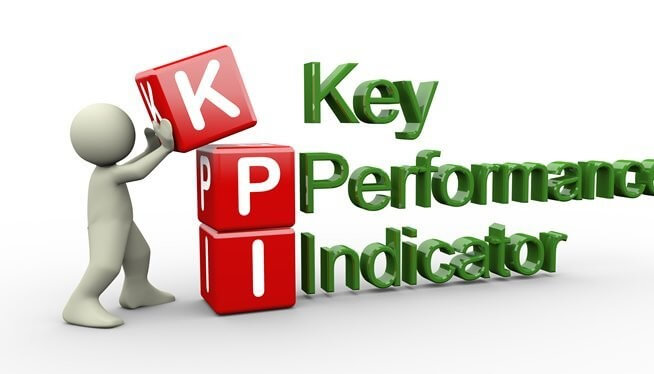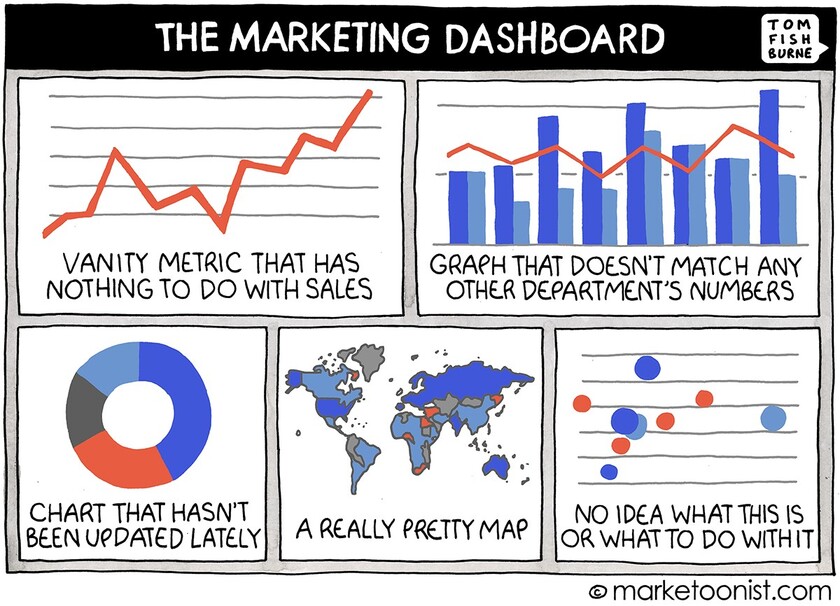Introduction
The consulting industry is no stranger to competition. In fact, it’s one of the most competitive industries in the world. To succeed, you need certain qualities: must be a strong communicator, good listener, be curious and inventive, not afraid of hard work and be customer-focused.
But a key aspect to a successful consultant is to land the engagement in the first place. You must be able to sell yourself and your ideas. Both to secure a contract and when showing progress. This is equally true if you are being hired as an outside consultant as it is when doing in-house work for an internal client.
What makes a successful consultant?
How do you know if someone is a good consultant? Here are some things to look for:
- They measure their success and test new ideas for improvement. A successful consultant knows how to articulate the results of their work, and they always strive to do better.
- They can communicate clearly with clients about their ideas and sell them on those ideas.
Premier consultants are experienced presenters who can sell their expertise to clients.
- They have excellent interpersonal skills so that they can work well with others in teams or committees, as well as individually with clients (who are often very different from each other). Consultants must be able to get on board with whatever direction the client wants the project to go in while still maintaining control over what happens at every step along the way—if there’s no communication between client and consultant then nothing will get done!
Recomeneded Read: Difference between KPIs and KRIs and Why it Matters
Sell your client on your ideas
More than just data and facts, consulting is about helping people solve problems. It’s about finding the right solutions for your clients. And yes, it’s also about building relationships with your clients—but this is where things get tricky: you need to gain the trust of your client before they’ll open up and tell you what they really want or how they’re feeling (and let’s face it: we humans aren’t always so good at expressing ourselves).
Whether you are consulting to an internal team within your company or as an independent contractor, you need to show your client why your recommendations are ideal for them. And when crafted correctly, KPIs can help with that.
- Establishing KPIs that measure the precise activities needed to attain a stated goal is critical.
- KPIs should align with the overall recommendation you are making. Show the client how the activities you are suggesting will lead them to accomplishing their goal.
- KPIs will differ from project to project based on the scope of work being done and what needs to be achieved at each stage of progress toward success.
Make KPIs more effective by mapping them out. There is, or at least should be, a logical thought process for how the KPIs were conceived that creates a hierarchical, decision-like structure. By showing the logic of how KPIs are conceived, team members understand how they are determined, what activities people are working on, and how their work affects business performance measurement and the overall goals for the company. It’s valuable to see how work aligns with corporate goals and that work assignments make a difference.
KPI Karta can help you and your team determine what your actionable KPIs should be. It helps you identify effective KPIs by starting with high-level goals and working your way down through several layers of increasing detail to figure out what needs to get done. You will then assign actionable KPIs to those activities. It also builds a visual map that is colour-coded so you can see your team’s performance and where things aren’t going well. As a consultant you can demonstrate to your client why your recommended strategy makes sense and then monitor progress.

KPIs should align with the overall recommendation you are making
You need to be able to show how the work you are recommending will enable your client to reach their goals. That will demonstrate why you are proposing to do specific work. And this can help differentiate you from other consultants.
KPIs need to be actionable: They should track very specific activities and have clear and measurable outcomes. For example, if you are trying to increase revenue and for that you are recommending a new website for your client, then KPIs could be “new conversions on the site”, “clients that sign up for your newsletter” or “click-through rate” for a seminar offer. Instead of tracking “revenue” we have identified specific things that will drive revenue. That way if the goal is not reached, we can investigate the reasons why.
Creating a feedback loop
When done right, KPIs can help create a positive feedback loop within your consulting business. They can help you identify problems and find ways to fix them, or they can show you how well certain strategies work for specific projects.
In order for KPIs to be effective, they need to be specific and measurable. If you have no idea what success will look like for a project, it’s going to be hard for anyone else on the team — including yourself — to know what constitutes success as well.
You should also keep in mind that different projects will require different types of metrics depending on their scope and purpose. For example: if one client hires you for web development and an SEO audit, then we might use CTR (Click Through Rate) as one of our main KPIs. Another client might prefer sales calls made per month since they need to primarily focus on direct selling rather than relying on organic web site traffic or paid search advertising services (aka PPC).
Conclusion
There are many essential characteristics needed for a successful consulting engagement. Gaining the trust of your client by demonstrating how and why your recommendations make sense is critical. You can do that by illustrating how your client’s goal will be reached by aligning them with the activities you are proposing. By assigning KPIs to those key activities will allow you to secure the consulting engagement and then keep it on track.






